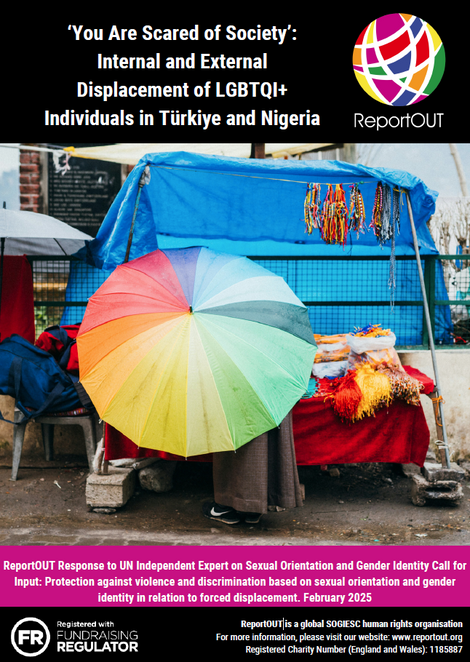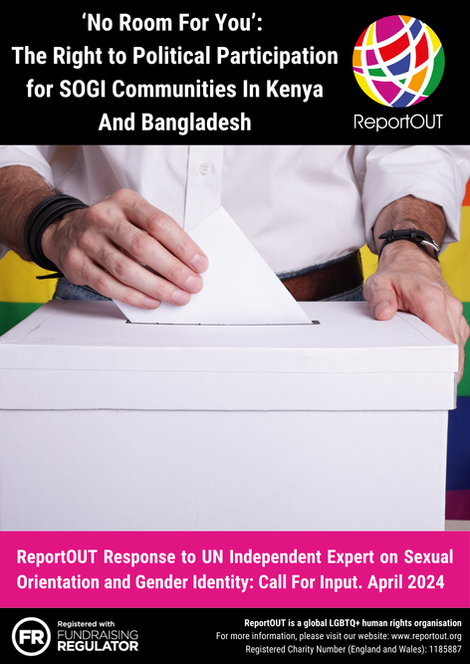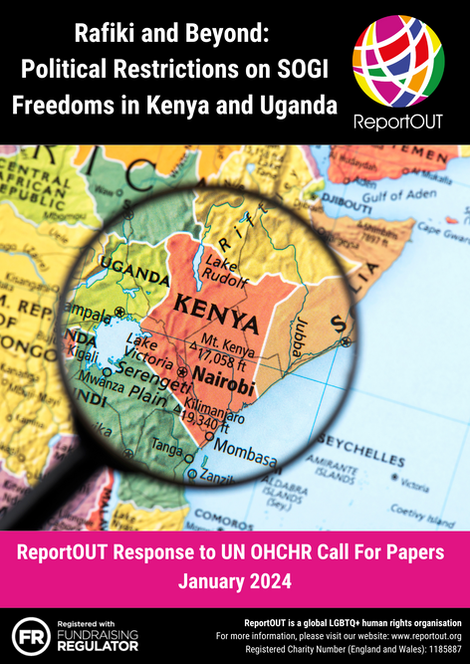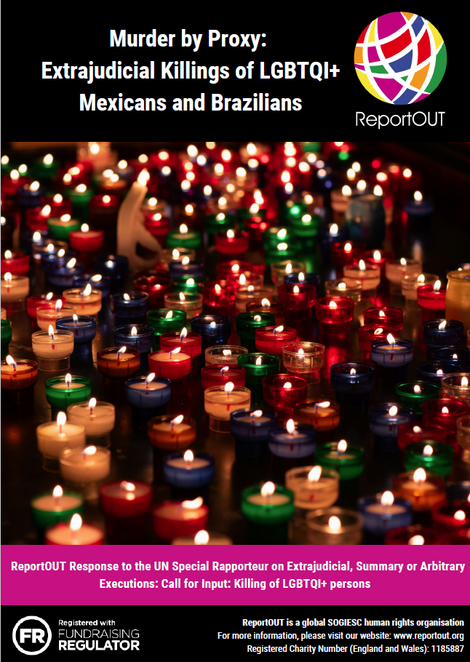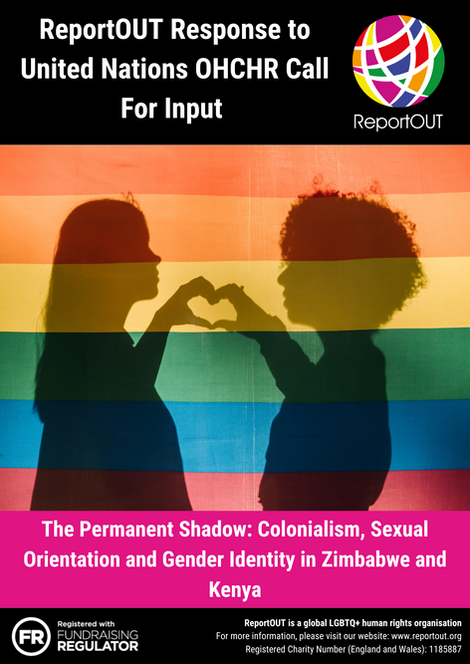
United Nations Research
Documenting the lived experiences of sexual and gender minorities is a vital way to amplify their voices at a global level. It helps policy makers and governments understand and meet their international human rights obligations. Our global CallOUT research team regularly work on reports to submit to various bodies of the United Nations.
We encourage you to click on a report and read our submitted research to the United Nations, below.
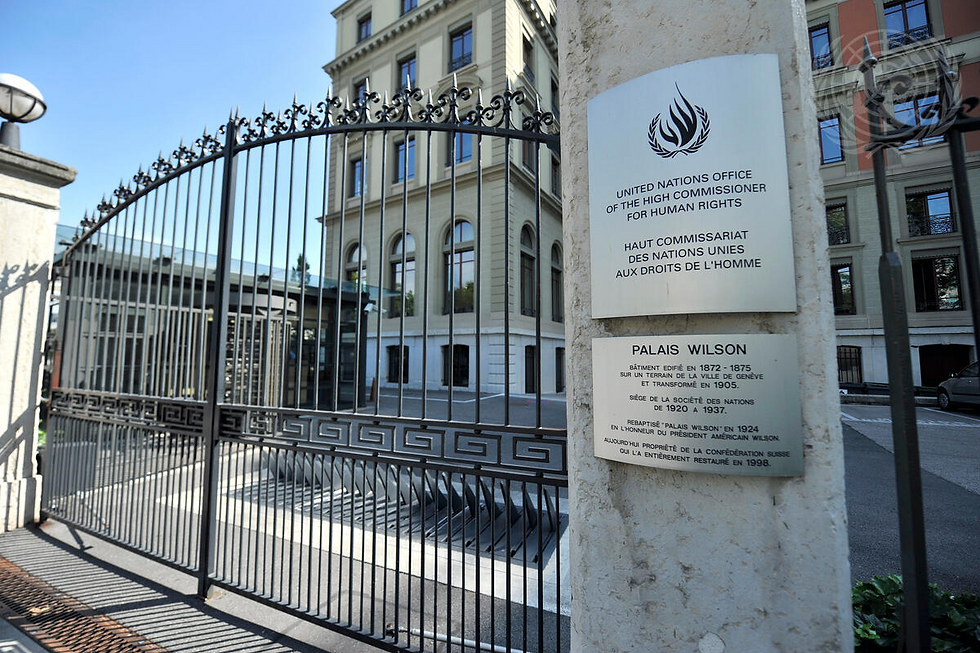
Our research and briefing papers seek to inform the various UN agencies and mandates that oversee human rights for sexual orientation and gender minorities. Much of our work supports the mandate of the UN Independent Expert on Human Rights for Sexual Orientation and Gender Identity (SOGI-IE). Other reports have been submitted to UN bodies such as Special Rapporteurs who investigate special areas of human rights, for example, contemporary forms of slavery. You can read our most recent and archived reports below. We have grouped our reports according to which office of the UN we are supporting with evidence.
Courtesy of the UN - photo by Jean-Marc Ferré








